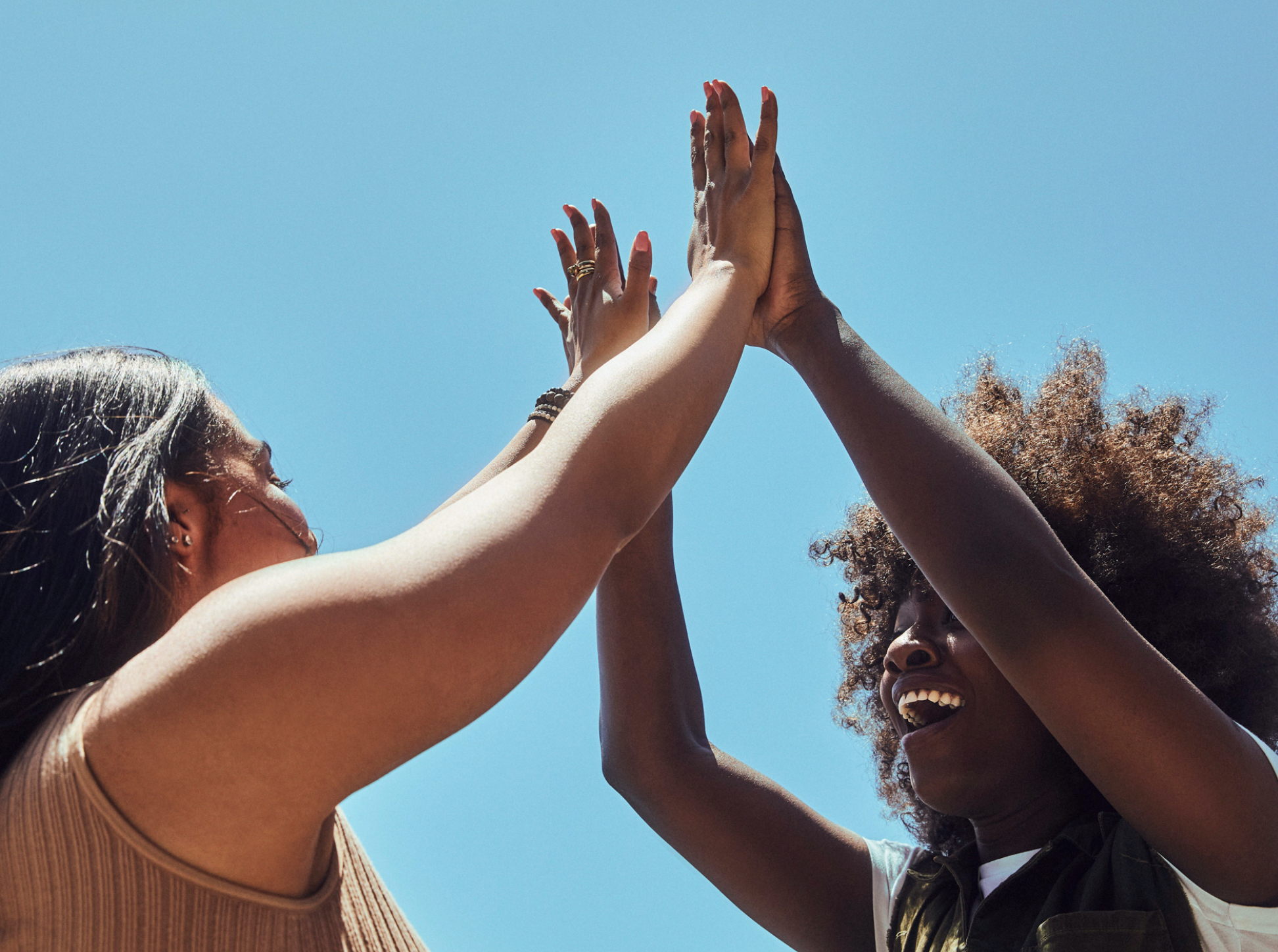
Spring is a beautiful time of year for its warm weather, brighter days and vibrant greenery. Springtime also means that it is that time of year where people worldwide celebrate the women-identifying individuals in their lives. International Women’s day is a powerful recognition of women, past and present, for their contribution to this planet. When we say women, it is important to acknowledge that being a woman is about more than biology. Women are complicated, and we do not need or want to be categorized. Here are some of the ways that we can support all the women in our lives.
Show the women in your life appreciation.
There is power in simplicity; a simple “love you,” “I appreciate your hard work,” or acknowledgement of someone’s pain goes a long way. Taking the time to reinforce someone’s belief in herself is a powerful act of kindness that can often be lost in the hustle and bustle.
Say something about gender equality
Supporting the women in your life means taking an active stance against those who don’t. Whether in your office or on your campus, if you see something, say something. IWD allows all of us to look inward and examine our own biases. Ask yourself if your actions are anti-feminist? Could you be doing more to make the spaces around you gender-equal?
Learn about women’s issues

by Audre Lorde
In this charged collection of fifteen essays and speeches, Lorde takes on sexism, racism, ageism, homophobia, and class, and propounds social difference as a vehicle for action and change. Her prose is incisive, unflinching, and lyrical, reflecting struggle but ultimately offering messages of hope.

by Audre Lorde
In this personal, eloquently-argued essay—adapted from the much-admired TEDx talk of the same name—Chimamanda Ngozi Adichie offers readers a unique definition of feminism for the twenty-first century. Drawing extensively on her own experiences and her deep understanding of the often masked realities of sexual politics, here is one remarkable author’s exploration of what it means to be a woman now—and an of-the-moment rallying cry for why we should all be feminists.

Malala Yousafzai
When the Taliban took control of the Swat Valley in Pakistan, one girl spoke out. Malala Yousafzai refused to be silenced and fought for her right to an education.
On Tuesday, October 9, 2012, when she was fifteen, she almost paid the ultimate price. She was shot in the head at point-blank range while riding the bus home from school, and few expected her to survive.
Instead, Malala’s miraculous recovery has taken her on an extraordinary journey from a remote valley in northern Pakistan to the halls of the United Nations in New York. At sixteen, she became a global symbol of peaceful protest and the youngest nominee ever for the Nobel Peace Prize.
